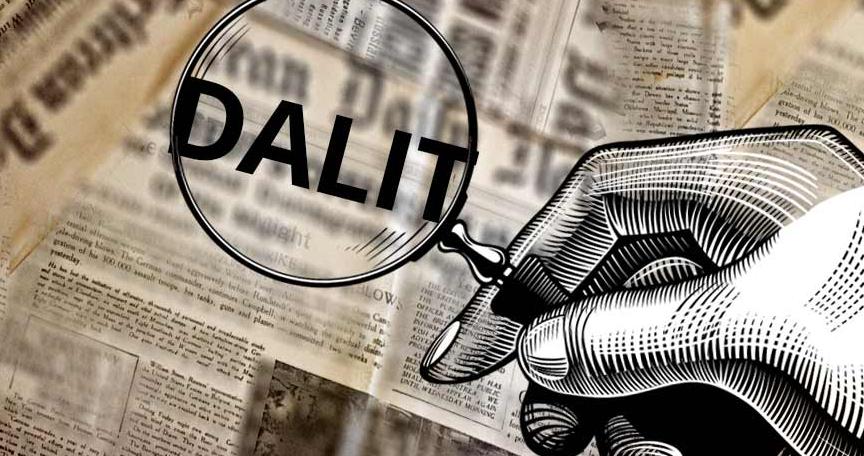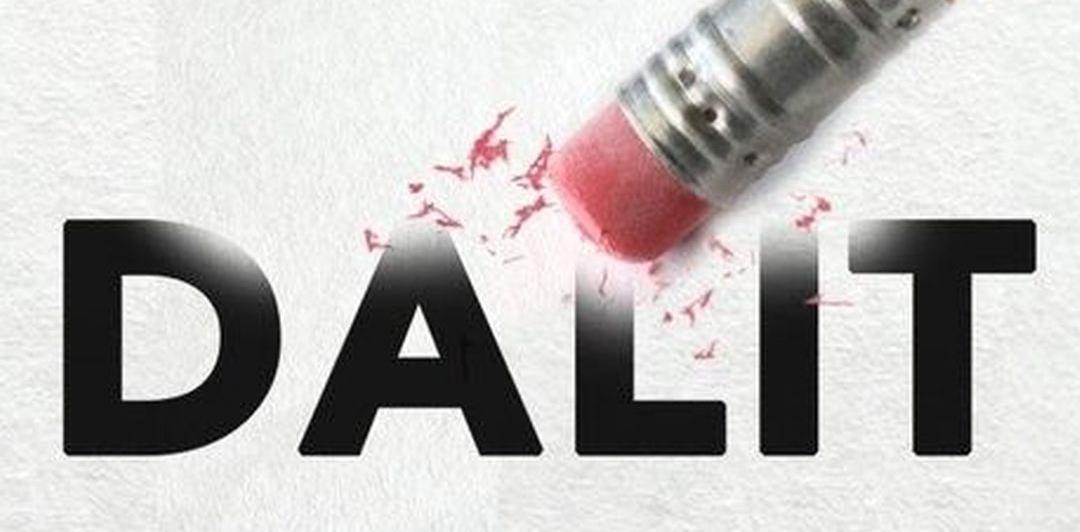Updated By: LatestGKGS Desk
Dalit Term: origin, meaning, history, caste system, religious beliefs, adaptation

Rationales behind the use of the term 'Dalit' for an oppressed community
Dalit, meaning broken/scattered in Sanskrit and In Hindi, Dalit is a term mostly used for defining the castes in India that have been subjected to untouchability. Dalits now profess various religious beliefs, including Buddhism, Christianity, and Sikhism.
The term Dalit was in use as a translation for the British Raj census classification of Depressed Classes prior to 1935. It was popularized by the economist and reformer B. R. Ambedkar who himself a Dalit in the twentieth century and in the 1970s its use was invigorated when it was adopted by the Dalit Panthers activist group.
The caste system was originally designed on the basis of the nature of a person. “ varna” is the term used. It has many meanings but this meaning describes the word in its fullness. The early Vedic period had people placed in different professions based on their nature.
The term Dalits and the treatment meted out to them separated them from the others castes during the later Vedic period. Britishers were also partially responsible for dividing people as they wanted a weak society so they could control Indians easily.
It's bad luck of India and Indian that the use of this word is continuing. It was used to give them special rights which are no longer required. For example, Our 15th Loksabha speaker Mira Kumar is Dalit and was presented as a Presidential candidate in the last election. She was represented as a Dalit against BJPs candidate Honourable President Mr Ramnath Kovind as a Dalit candidate. When word Dalit has used it means poor, backward and uneducated. Both of above-mentioned dignitaries are educated from big school and college and served MPs and Governor.
